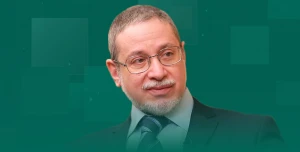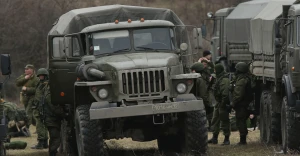
NATO steps up surveillance and intelligence in Black Sea region after Russia's exit from grain deal
NATO and Allies are stepping up surveillance and reconnaissance in the Black Sea region, including with maritime patrol aircraft and drones
This was reported on the Alliance's official website following a meeting of the NATO-Ukraine Council.
It was decided to step up surveillance and intelligence after Russia's withdrawal from the grain deal. As the Alliance added, since last year, in response to Russia's aggressive war against Ukraine, NATO has significantly increased its presence in the region, in particular through two new multinational battlegroups in Bulgaria and Romania.
"Russia continues to show utter disrespect for international law and for the people worldwide who depend on Ukrainian grain. Russia is threatening civilian ships, terrorising peaceful cities, and destroying parts of the world’s cultural heritage with its brutal strikes. NATO is united. We stand in solidarity with our Black Sea Allies, we will continue to protect one another, and we will continue to support Ukraine for as long as it takes," said NATO Deputy Secretary General Mircea Geoană.
NATO Secretary General Jens Stoltenberg said that Russia bears full responsibility for its dangerous actions in the Black Sea region. It must stop using hunger as a weapon and threatening the world's most vulnerable people with food insecurity.
"Russia’s actions also pose substantial risks to the stability of the Black Sea region, which is of strategic importance to NATO. Allies are stepping up support to Ukraine and increasing our vigilance. We remain ready to defend every inch of Allied territory from any aggression," he added.
NATO Allies and Ukraine condemned Russia's decision to withdraw from the Black Sea Grain Agreement and its deliberate attempt to stop Ukrainian agricultural exports, which are relied upon by hundreds of millions of people around the world. They also condemned Russia's recent missile attacks on Odesa, Mykolaiv and other port cities, including a Russian drone attack on a Ukrainian grain storage facility in the Danube port city of Reni, near the Romanian border.
The NATO-Ukraine Council met on July 26 to address the serious security situation in the Black Sea region following Russia's unilateral withdrawal from the Black Sea Grain Initiative brokered by the United Nations and Turkey. NATO Secretary General Jens Stoltenberg convened the meeting at the request of Ukrainian President Volodymyr Zelenskyy.
This is the second meeting of the NATO-Ukraine Council after its inaugural meeting at the Vilnius Summit in early July. The NATO ambassadors and the invited Swedish ambassador were joined by Oleksandr Kubrakov, Vice Prime Minister of Ukraine and Minister for Communities, Territories and Infrastructure, and Brigadier General Oleksiy Hromov, Deputy Chief of the Main Operational Directorate of the General Staff of the Ukrainian Armed Forces, via video conference.
- News














































